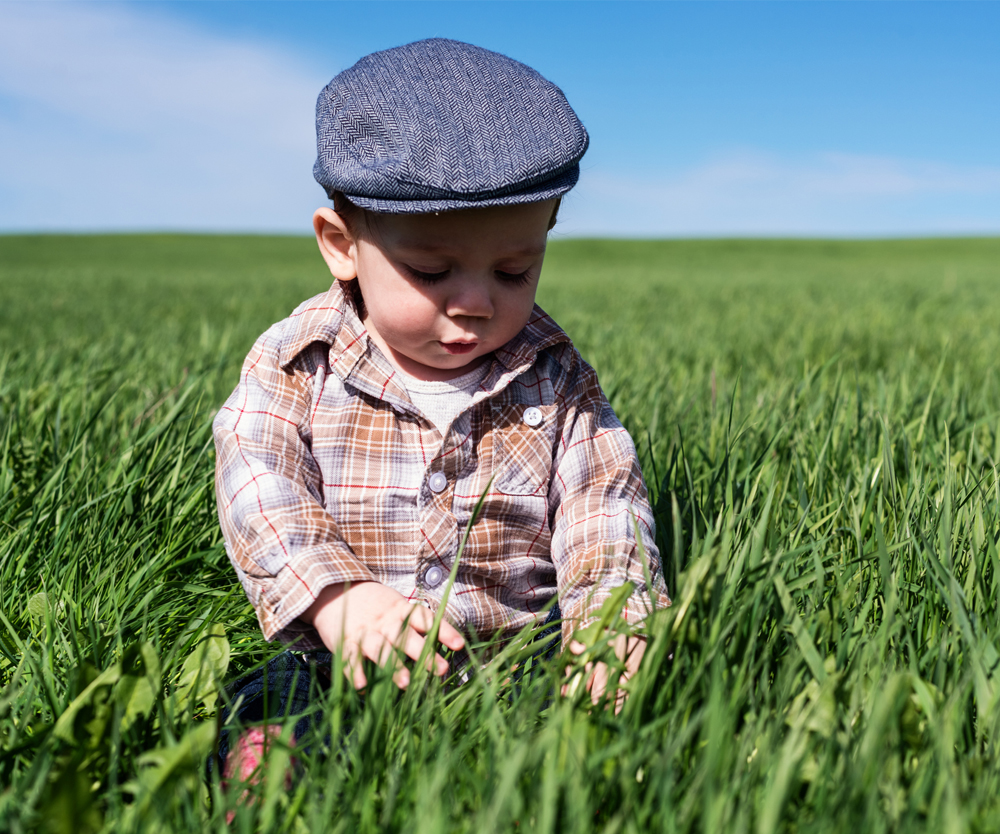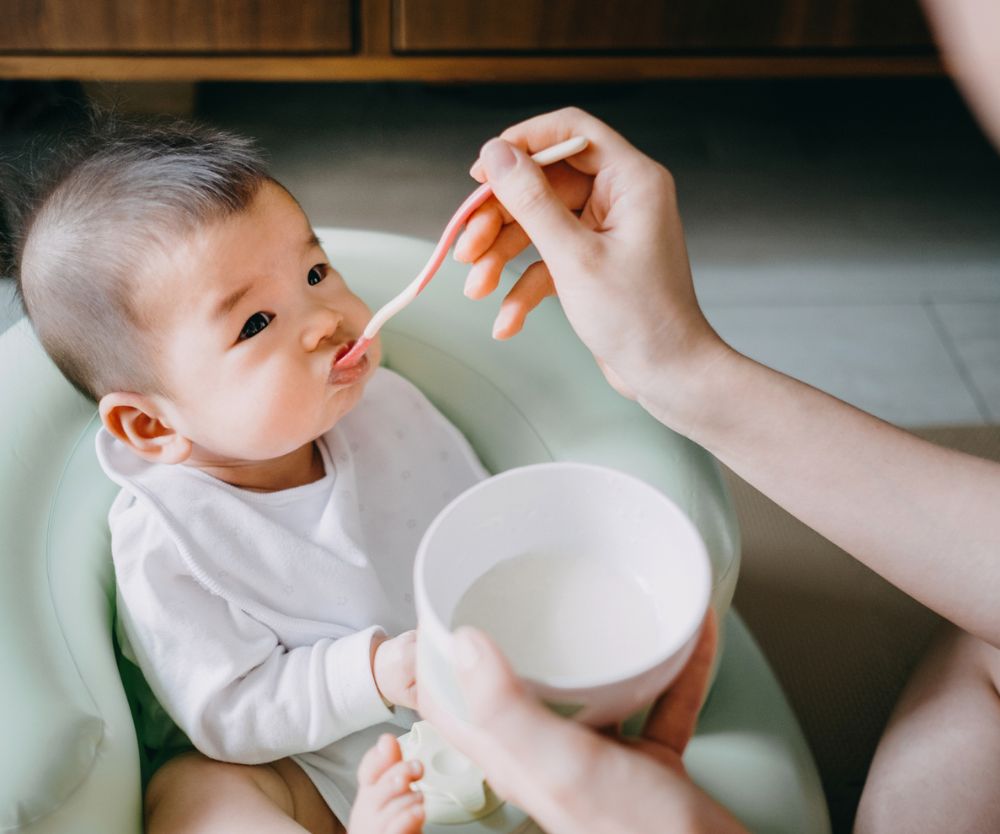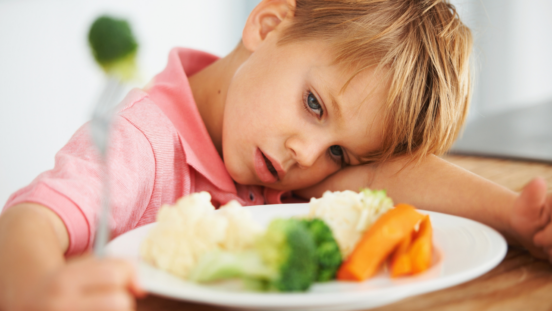Expert tips to inspire confidence and self-belief in your kids
We can be even better cheerleaders!
Going back to school is a challenge after the long, summer break but after a period of readjustment that includes catching up with friends, getting to know the teacher and peer group, things usually settle back into the term-time routines.
Starting kindy and starting high school are two of the most stressful ‘Term 1s’ for kids and their parents, and no doubt, teachers, too.
Research by Forge Wellbeing as part of the Weet-Bix Feed the Belief Report – which polled more than 27,000 students – found that one in five suffer from negative self-esteem when they start high school and by year 12 only 50% of them rate for ‘positive emotions’.
Compare this to delightful, spirited optimism of kindy kids – of which 91% rate positively – and there’s a clear decline self-esteem, self-belief, competence and positive emotions through our kids’ school careers.
Founder of Forge Wellbeing and dad of two, Dave Gower says that it’s hoped the report will “help parents and caregivers understand the factors that impact their child’s ability to believe in themselves”.
The Weet-Bix Feed the Belief Report reveals that four in five (84%) of kids at Kindergarten have an overall positive level of optimism compared to less than two thirds (60%) of those Year 12. One in 10 high school students say they don’t feel positive at all.
Mum of three and senior leader at the Sanitarium Health Food Company, Jessica Manihera says that young children have “limitless belief” which she describes as “incredible superpower that fuels optimism, creativity, curiosity and courage”.
This naturally changes throughout childhood as kids become more aware of the world around them.
Dr Justin Coulson, parenting expert and dad of six, acknowledges that the world can be unkind to kids, and says that even before the rise of COVID, “today’s youth face significant challenges to their self-belief”. He cites pop culture and social media as major influences, on top of societal and global issues (climate change being a major one), on top of academic demands and the usual hormonal, developmental demands of the teenage years.
So, what can parents and caregivers do to better support children and help bolster their self-belief and confidence during some of the trickiest years in their lives?
Dr Coulson shares his expert tips.

One in 10 high school students say they don’t feel positive at all.
Psychology tips to inspire self-belief in kids
Dr Justin Coulson shares his top tips for parents and caregivers to help children believe in themselves and become the best they can be.
- Inspire self-esteem: Relationships with friends and parents, having a sense of familiarity at school and encouraging a balanced lifestyle are all key.
- Spark positive emotions: Help children develop a strong sense of identity and belonging, and encourage strengths and opportunities.
- Fuel engagement: Support their ideas and encourage them to try new things by promoting autonomy and find peers and mentors who share similar interests.
- Maintain optimism: Reduce pressure and focus on enjoyment, giving kids something to look forward to with the support of positive relationships.
- Encourage and demonstrate positive relationships: Encourage friendships in multiple contexts, and demonstrate positive, respectful adult relationships.
- Healthy bodies, healthy minds: Help foster a healthy approach to diet and physical activity, remembering mealtimes and time spent together playing or exercising provide opportunities for parents to model positive lifestyle behaviours but also valuable moments for connection which benefit the whole health of a person – both adult and child!

Pop culture and social media as major influences.
Practical ways to support positive tweens and teens
On a positive note, the Weet-Bix Feed the Belief Report showed that the majority (91%) of primary school students and two in five (80%) of secondary students feel positive or very positive about their relationships, including friends, family and other people in their lives.
Incorporating some of these ideas may help support positive high school kids.
- Volunteer at school – even once a term, if possible: canteen, uniform shop, school band, P&C etc so you have a better idea of the school community and cohort.
- Foster the teen’s relationships by supporting playdates/hang outs, and maintaining social catchups with extended family and friends who take an interest in your kid’s wellbeing.
- Find out who your child’s friends are and what they do with their free time. Encourage your tween/teen to join a netball or soccer team, art class, youth club, Scouts etc, as they can help create a sense of belonging and community, as well as increasing your child’s confidence and expanding their horizons further.
- Support your children’s passions by taking them a ballet (or stream one), to see their favourite sports team play (or watch online) or by finding them a cool music tutor who they can look up to. If games are their thing, find out the lingo (don’t use it too freely!), the characters and who the ‘stars’ are in that world, so you always find a conversation starter.
- Create or maintain family routines such as eating together at the dining table, hanging out for movie nights, walking the dog and other bursts of quality time – short ones if that’s all your teen wants!
The Weet-Bix Feed the Belief Report marks the start of Weet-Bix initiatives that will be rolled out throughout the year in a bid to support children’s wellbeing.




